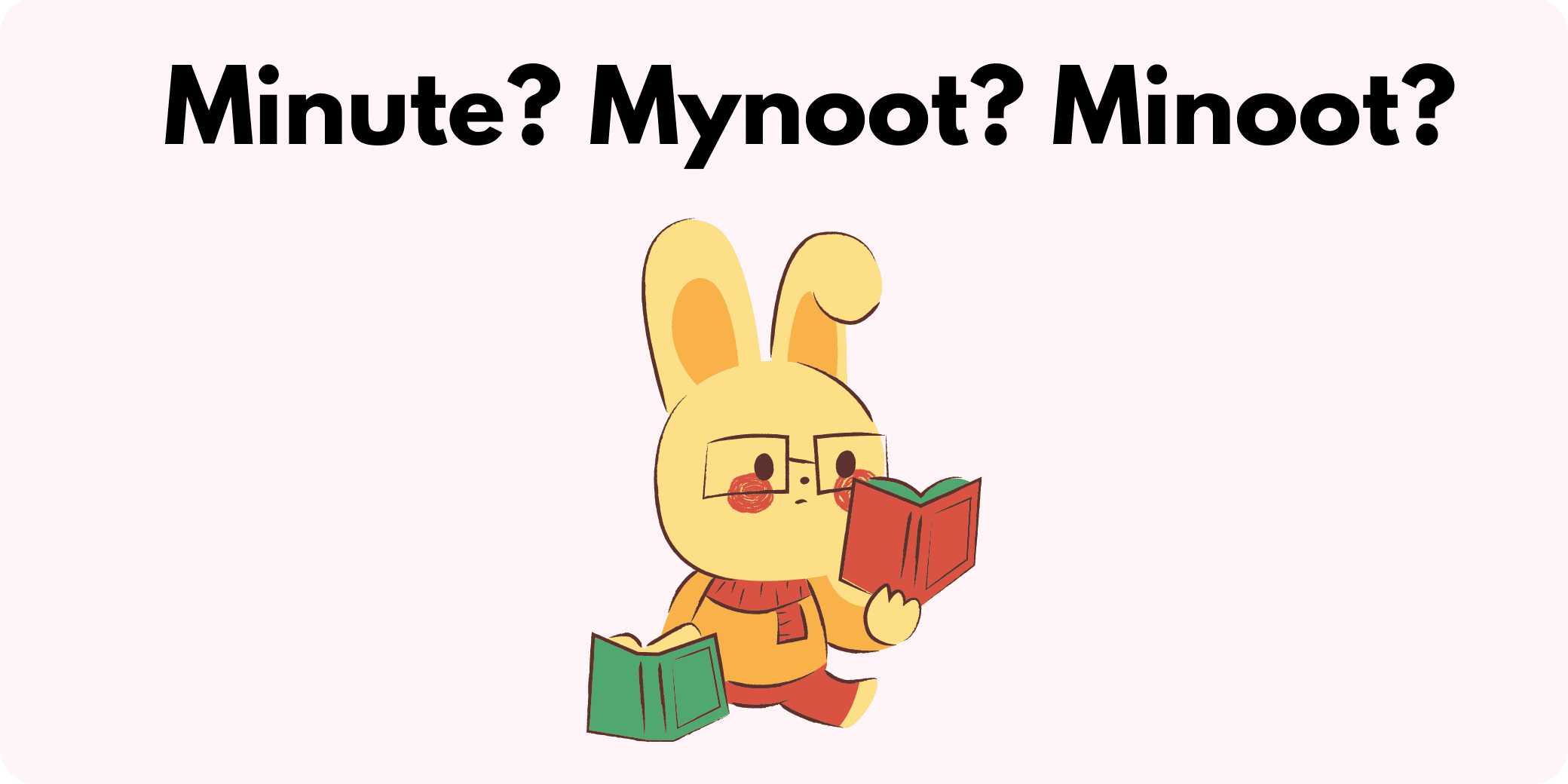Is it Toward or Towards? Some English words are used differently in America than they are in other countries. Many people are aware that color and neighbor in America become colour and neighbour in England. Another common one is adding -ed vs. -t to the end of certain verbs to make them past tense. For example, Americans use “spelled” while the British use “spelt.”
Toward and towards are used differently depending on which country you are in. Toward is the correct spelling in Canada and America. However, in England and Australia, towards is preferred. So the answer to the question “is it toward or towards?” is – it depends on where you live!
The Difference Between Toward and Towards
As you can see, these words are spelled the same until the end. An s is added in the English and Australian versions. These words are both prepositions that mean “in the direction of.”
What do the experts have to say about it? The Chicago Manual of Style explains the difference base don country. However, The AP Stylebook recommends toward over towards.
These words originated in Old English. Originally, the word toweard meant “in the direction of.” And toweards was the Old English adverb that came from adding the adverbial genitive s to toweard.
Examples Sentences
Canada is moving toward incorporating more French into its curriculum.
The President moved toward the White House.
The guard at Buckingham Palace went towards the door.
Related: Check out this article on British vs. American spellings.
Want to sharpen your business writing skills? Discover our acclaimed online courses. Whether you want to learn about taking taking meeting notes, become a master proofreader, master punctuation or tune-up your business writing skills, our courses are here to help you.






